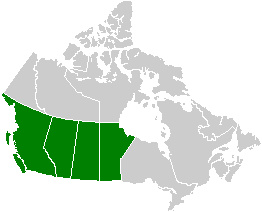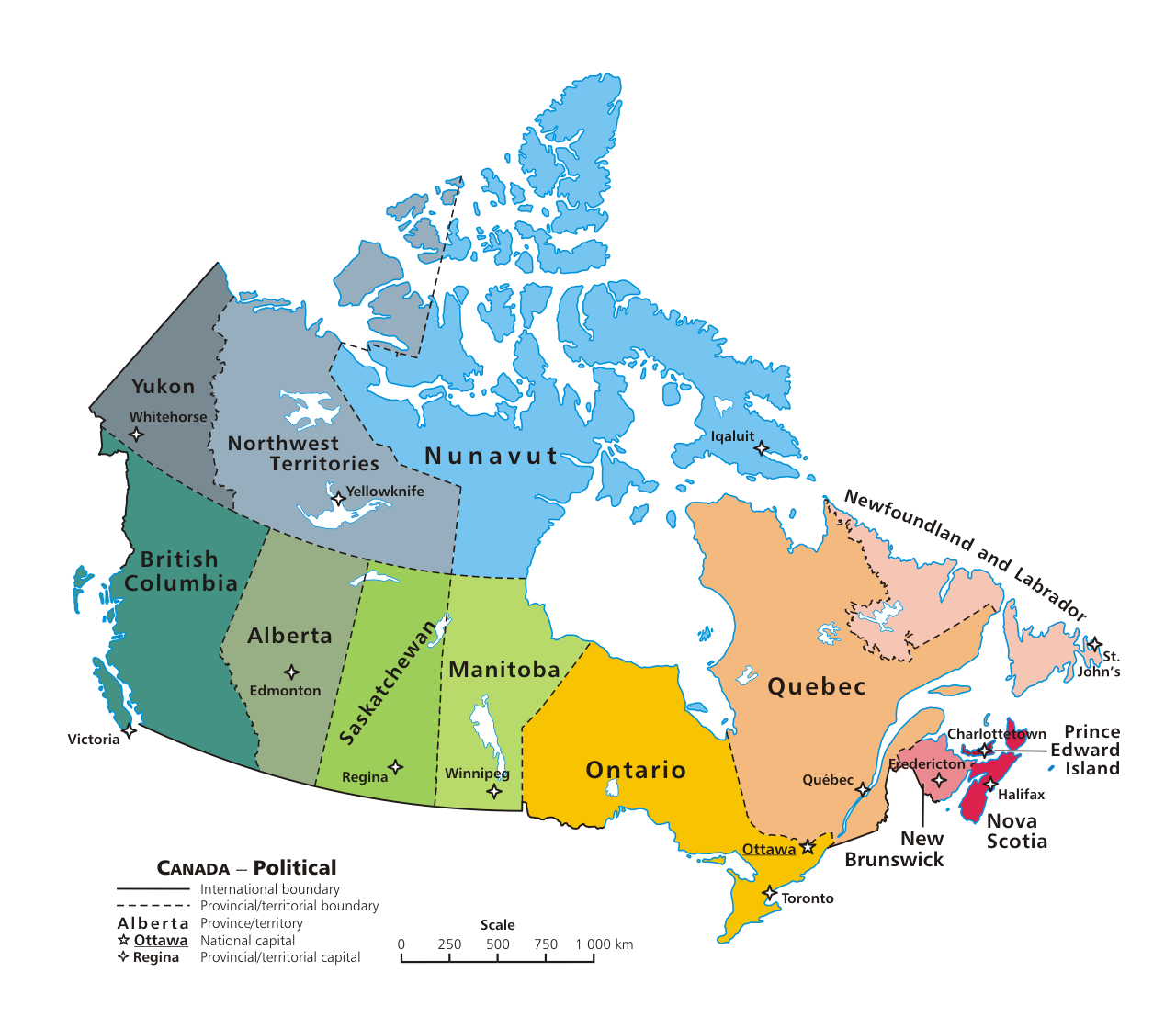Western Alienation on:
[Wikipedia]
[Google]
[Amazon]

 In
In
Bouquets of Gray: Equalization math
Bouquetsofgray.blogspot.com (July 18, 2005). less than what was provided, but significantly higher on a per capita basis than Ontario. Equalization payments are made by the federal government to the "have-not" provinces. Unlike social and health transfers, there are no restrictions over how this money is spent at the provincial level. In 2009–2010, Quebec received $8.552 billion, making it the single largest beneficiary, as it has been throughout the program's history. In the 2009–2010 fiscal year, Ontario received an equalization payment of $347 million, British Columbia was a "have-not" province for just over five years, ending in 2006 and 2007, when it received $459 million.

 In
In Canadian politics
The politics of Canada function within a framework of parliamentary democracy and a federal system of parliamentary government with strong democratic traditions. Canada is a constitutional monarchy, in which the monarch is head of state. In pr ...
, Western alienation is the notion that the Western provinces
Western Canada, also referred to as the Western provinces, Canadian West or the Western provinces of Canada, and commonly known within Canada as the West, is a Canadian region that includes the four western provinces just north of the Canada– ...
– British Columbia
British Columbia (commonly abbreviated as BC) is the westernmost province of Canada, situated between the Pacific Ocean and the Rocky Mountains. It has a diverse geography, with rugged landscapes that include rocky coastlines, sandy beaches, ...
, Alberta
Alberta ( ) is one of the thirteen provinces and territories of Canada. It is part of Western Canada and is one of the three prairie provinces. Alberta is bordered by British Columbia to the west, Saskatchewan to the east, the Northwest Ter ...
, Saskatchewan
Saskatchewan ( ; ) is a province in western Canada, bordered on the west by Alberta, on the north by the Northwest Territories, on the east by Manitoba, to the northeast by Nunavut, and on the south by the U.S. states of Montana and North Dak ...
and Manitoba
, image_map = Manitoba in Canada 2.svg
, map_alt = Map showing Manitoba's location in the centre of Southern Canada
, Label_map = yes
, coordinates =
, capital = Winn ...
– have been alienated, and in some cases excluded, from mainstream Canadian political affairs in favour of Ontario
Ontario ( ; ) is one of the thirteen provinces and territories of Canada.Ontario is located in the geographic eastern half of Canada, but it has historically and politically been considered to be part of Central Canada. Located in Central C ...
and Quebec
Quebec ( ; )According to the Canadian government, ''Québec'' (with the acute accent) is the official name in Canadian French and ''Quebec'' (without the accent) is the province's official name in Canadian English is one of the thirtee ...
. Western alienation claims that these latter two are politically over-represented and economically favoured, which has given rise to the sentiment of alienation among many western Canadians.
History of alienation
FollowingConfederation
A confederation (also known as a confederacy or league) is a union of sovereign groups or states united for purposes of common action. Usually created by a treaty, confederations of states tend to be established for dealing with critical issu ...
in 1867, the first Canadian Prime Minister
A prime minister, premier or chief of cabinet is the head of the cabinet and the leader of the ministers in the executive branch of government, often in a parliamentary or semi-presidential system. Under those systems, a prime minister i ...
, Sir John A. Macdonald
Sir John Alexander Macdonald (January 10 or 11, 1815 – June 6, 1891) was the first prime minister of Canada, serving from 1867 to 1873 and from 1878 to 1891. The dominant figure of Canadian Confederation, he had a political career that sp ...
, announced a " National Policy" to "broaden the base of the Canadian economy and restore the confidence of Canadians in the development of their country".
The November 1974 Canadian federal budget terminated the deduction of provincial natural resources royalties from federal tax. According to Roy Romanow
Roy John Romanow (born August 12, 1939) is a Canadian politician and the 12th premier of Saskatchewan from 1991 to 2001.
Early life
Romanow was born in Saskatoon, Saskatchewan, to Tekla and Michael Romanow, who were Ukrainian immigrants from Or ...
, this move kicked off the "resource war", a confrontation between Pierre Trudeau's federal government and the prairie Provinces
The Canadian Prairies (usually referred to as simply the Prairies in Canada) is a region in Western Canada. It includes the Canadian portion of the Great Plains and the Prairie Provinces, namely Alberta, Saskatchewan, and Manitoba. These provin ...
over the control and revenues from natural resources extraction and energy production.
Following a rapid increase in the price of oil
The price of oil, or the oil price, generally refers to the spot price of a barrel () of benchmark crude oil—a reference price for buyers and sellers of crude oil such as West Texas Intermediate (WTI), Brent Crude, Dubai Crude, OPEC ...
between 1979 and 1980, the government of Prime Minister Pierre Trudeau introduced the National Energy Program
The National Energy Program (french: Programme énergétique national, NEP) was an energy policy of the Canadian federal government from 1980 to 1985. Created under the Liberal government of Prime Minister Pierre Trudeau by Energy Minister Marc ...
(NEP), which intended to increase Canadian ownership in the oil industry, increase Canada's oil self-sufficiency and redistribute the wealth generated by oil production towards the federal government. The program was extremely unpopular in the west, where most of Canada's oil is produced, due to the perception that the national government was implementing unfair revenue sharing.
Current factors of alienation
Political factors
A source of Western irritation can be traced to the Quebec sovereignty movement. Some Western Canadians argue that Quebec receives undue attention from the rest of the country due to concerns about its desire to secede from Canada or obtainsovereignty-association
The Quebec sovereignty movement (french: Mouvement souverainiste du Québec) is a political movement whose objective is to achieve the sovereignty of Quebec, a province of Canada since 1867, including in all matters related to any provision of ...
.
Economic factors
In 2005, Alberta's share of equalization payments was calculated to be approximately $1.1 billion,Bouquetsofgray.blogspot.com (July 18, 2005). less than what was provided, but significantly higher on a per capita basis than Ontario. Equalization payments are made by the federal government to the "have-not" provinces. Unlike social and health transfers, there are no restrictions over how this money is spent at the provincial level. In 2009–2010, Quebec received $8.552 billion, making it the single largest beneficiary, as it has been throughout the program's history. In the 2009–2010 fiscal year, Ontario received an equalization payment of $347 million, British Columbia was a "have-not" province for just over five years, ending in 2006 and 2007, when it received $459 million.
See also
* Alberta separatism * Cascadia (independence movement) * Maritime Rights Movement *Maverick Party
The Maverick Party, formerly known as Wexit Canada, is a Canadian federal political party. It advocates for constitutional changes to benefit, or the independence of, Western Canada, which includes British Columbia, Alberta, Saskatchewan, Mani ...
References
Further reading
* * * {{DEFAULTSORT:Western Alienation Political terminology in Canada Separatism in Canada Politics of Western Canada Regionalism (politics) Electoral geography